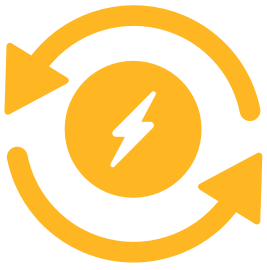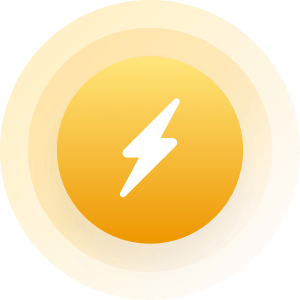| Topic: Fair To Partly Cloudy | |
|---|---|
|
Dell Introduces Ubuntu-Powered Cloud Servers
Targeted to enterprises that want to build private clouds, Dell's integrated software and hardware packages combine Canonical's Ubuntu Enterprise Cloud with PowerEdge C servers. By Antone Gonsalves , InformationWeek February 4, 2011 07:00 AM Dell has launched its first open-source cloud-computing offering and plans to follow with a second later in the month. Both packages include integrated software and hardware that large corporations can use to develop and test applications that could eventually become part of a private cloud. The company's first offering pairs Dell PowerEdge C2100 and C6100 servers with partner Canonical's Ubuntu Enterprise Cloud (UEC) software. Dell will be making a second product announcement later this month with OpenStack, an open source project developing a standard cloud system for both suppliers and users, Dell executives told InformationWeek Thursday. OpenStack recently launched the second installment of a basic cloud operating system. The Canonical and OpenStack partnerships are part of a new phase in Dell's cloud strategy. The computer maker for several years has been working as a supplier to companies with large cloud environments, such as Facebook and Microsoft, which offers the Azure cloud. Dell is now offering integrated hardware and software for companies who want to build their own private clouds. The Canonical and OpenStack offerings are the first that leverage only open source software. "This is where the open source position plays," Barton George, cloud evangelist for Dell, says. "We wanted to offer something in our lineup that was open source. Another one is the OpenStack initiative, but that's not as far along at this point." Dell's Ubuntu-PowerEdge offering is for developing and testing applications or services that would run in a cloud environment. "This is where we think the majority of enterprises are today," Kevin Van Mondfrans, marketing director for Dell's cloud solution says. Dell plans to use the same strategy with its upcoming OpenStack offering, starting first by offering bundles for building and deploying proof-of-concept applications. The Dell executives refused to provide details of the upcoming products. Dell is hoping the partnership with Canonical will drive more hardware sales and bring in additional revenue through the support package that Dell and its partner will offer. Canonical launched UEC in April 2009. The software lets a company build its own cloud-computing infrastructure using commodity x86 hardware. The software is an implementation of the Eucalyptus architecture, which is interface-compatible with Amazon's cloud system. Dell has released two hardware-software bundles for cloud computing, using proprietary software. Dell's launched its first turnkey package in March 2010 with Joyent's software for running large Web sites. Dell followed that bundle with one that included Aster Data analytics software. Dell's cloud offerings run on PowerEdge C servers, which are tailored for data centers running private clouds or Web applications handling huge amounts of traffic. |
|
|
|
|
|
I wonder how long one has to study to become a cloud evangelist.
 I lived on a pink cloud once. I lived on a pink cloud once.
|
|
|
|
|
|
Are You Trying to Pin the Tail on the Cloud Donkey?
Written on January 25, 2010 by Craig Balding Today, when it comes to security due diligence and on-going operational security visibility of cloud services, enterprise security pros are acting out the childrens game, Pin the Tail on the Donkey. With security policy in hand, we’re groping around, blindfolded by a lack of security visibility whilst disoriented by the scale and combination of new (and old) technologies and service models. The Cloud Donkey – known for a strong sense of preservation – looks on. The problem is that there are many donkeys, and even more tails. Worse, we’re all trying to stick different tails on the same donkeys. If we don’t like what we’re (not) seeing, we can either moan about our predicament or try to change things. Like collaborating with others that share the same concerns to develop the “Audit, Assertion, Assessment, and Assurance API (A6)” for cloud services. If you’re a security pro, don’t be an ***, join the A6 security group. http://cloudsecurity.org/blog/2010/01/25/are-you-trying-to-pin-the-tail-on-the-cloud-donkey.html I guess I really need to get back in college. In my day we didn't have cloud donkeys or cloud evangelists, either. 
|
|
|
|
|
|
http://www.lyricsfreak.com/r/rolling+stones/get+off+of+my+cloud_20118086.html
|
|
|
|
|







